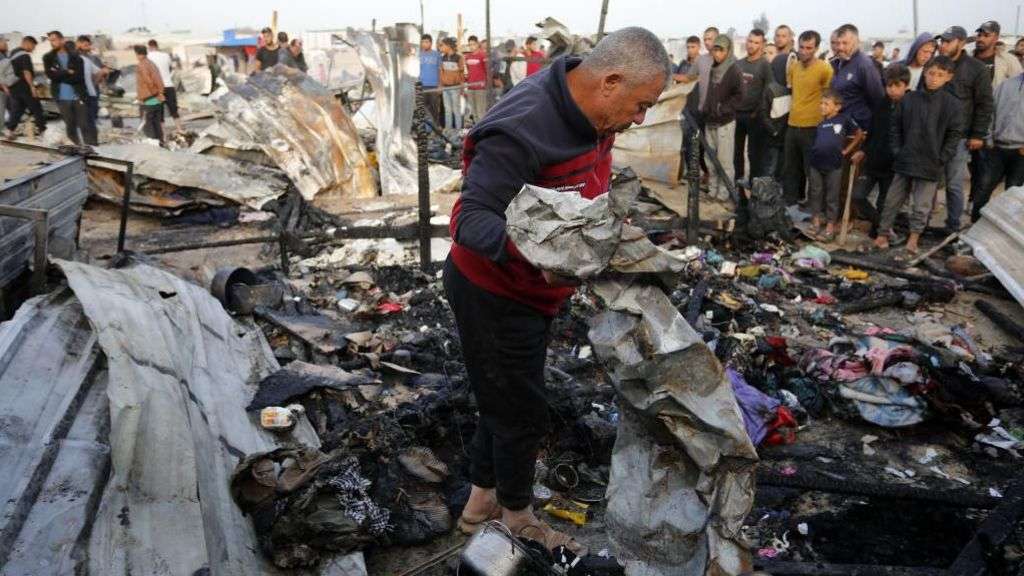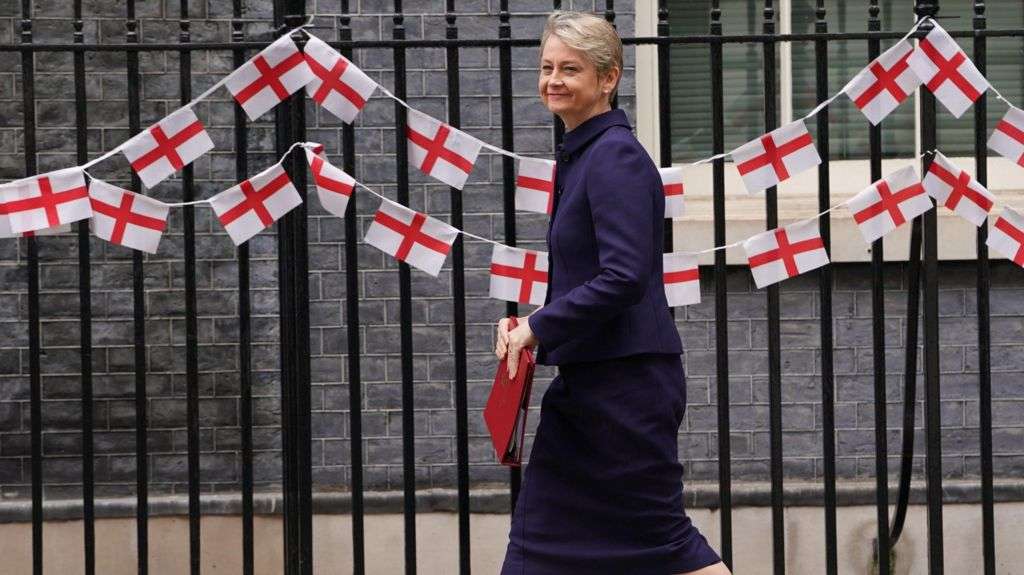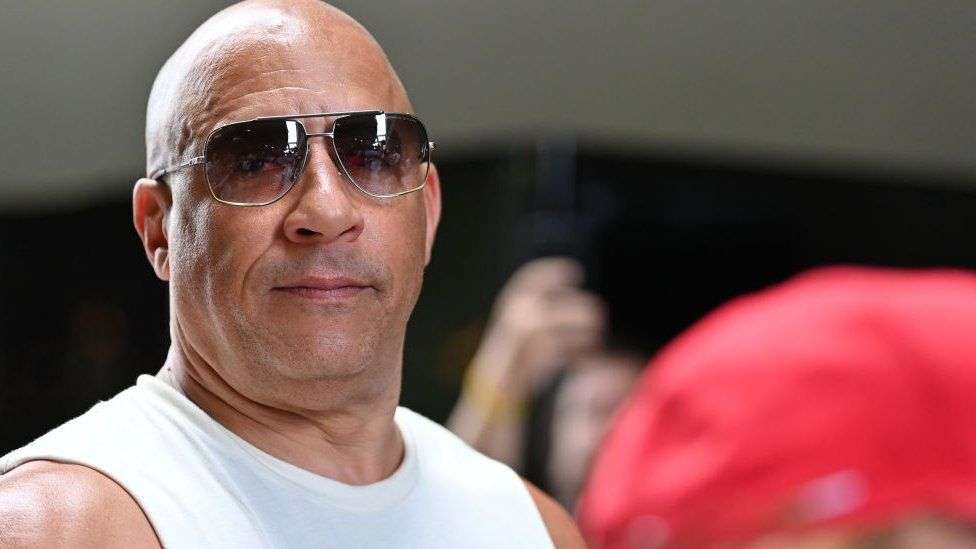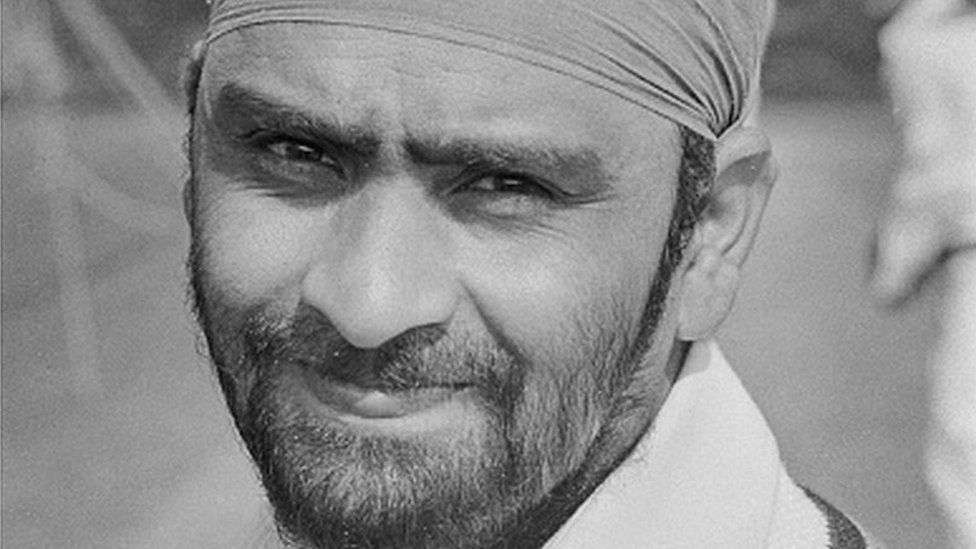At least 45 people have been killed, including women and children, in an Israeli air strike on a camp for displaced Palestinians in the southern Gaza city of Rafah, the Hamas-run health ministry says.
Videos from the scene in the Tal al-Sultan area on Sunday night showed a large explosion and intense fires burning.
The Israel Defense Forces (IDF) said it had killed two senior Hamas officials and that it was reviewing reports that civilians were harmed as a result of the strike and fire it ignited.
Hours earlier, Hamas had fired eight rockets from Rafah towards Tel Aviv - the first long-range attacks on the central Israeli city since January.
Some 800,000 people have fled Rafah since the start of an Israeli ground operation there three weeks ago, but hundreds of thousands are still believed to be sheltering there.
The Palestinian Red Crescent said Sunday’s air strike targeted tents for displaced people near a UN facility in Tal al-Sultan, about 2km (1.2 miles) north-west of the centre of Rafah.
Graphic footage showed a number of structures ablaze next to a banner saying “Kuwaiti Peace Camp '1'”, as well as first responders and bystanders carrying several bodies.
"We were sitting at the door of the house safely. Suddenly we heard the sound of a missile,” witness Fadi Dukhan told Reuters news agency.
“We ran and found the street covered in smoke," he said, adding that he and others saw a girl and a young man who had been killed by the blast.
Abed Mohammed al-Attar said his brother and sister-in-law were killed, leaving their children as orphans.
"The [Israeli] army is a liar. There is no security in Gaza. There is no security, not for a child, an elderly man, or a woman,” he said.
The IDF said in a statement on Sunday that it had carried out an air strike in Tal al-Sultan that eliminated two Hamas leaders - Yassin Rabia, the chief of staff of the armed group’s fighters in the occupied West Bank, and Khaled Nagar, another senior official in the West Bank wing.
“The IDF is aware of reports indicating that as a result of the strike and fire that was ignited several civilians in the area were harmed. The incident is under review,” the statement added.
An initial statement insisted that the strike was “carried out against legitimate targets under international law, using precise munitions and on the basis of precise intelligence that indicated Hamas' use of the area”.
Israeli government spokesman Avi Hyman told the OceanNewsUK: “It appears from initial reports that somehow a fire broke out, and that sadly took the lives of others."
In a speech, the IDF’s advocate-general - who is charged with making sure the military acts in accordance with the law - described the incident in Rafah as “very difficult” and said it “regrets any harm to uninvolved civilians during the war”.
The Hamas-run health ministry said on Monday afternoon that at least 45 people, including 23 women, children and elderly, had been killed in the strike on the camp.
A senior official in Gaza’s Hamas-run civil defence agency, Mohammad al-Mughayyir, meanwhile told AFP that the agency’s rescue workers had seen “charred bodies and dismembered limbs”, as well as “cases of amputations, wounded children, women and the elderly”.
Médecins Sans Frontières said overnight that 15 bodies and dozens of casualties had been brought to a trauma stabilisation point which the charity supports.
“We are horrified by this deadly event, which shows once again that nowhere is safe. We continue to call for an immediate and sustained ceasefire in Gaza,” MSF added.
The UN agency for Palestinian refugees, Unrwa - the largest humanitarian organisation in Gaza - described the reports as “horrifying” and said it was not able to establish full communication with its team on the ground in Rafah.
“Gaza is hell on earth. Images from last night are yet another testament to that,” said a post on X, formerly Twitter.
The head of the Hamas-run government media office, Ismail al-Thawabta, said the camp was away from recent military action and in a designated “safe zone”, to which the IDF had told civilians in eastern Rafah to flee.
French President Emmanuel Macron said he was "outraged" by what had happened.
"These operations must stop. There are no safe areas in Rafah for Palestinian civilians," he posted on X.
"I call for full respect for international law and an immediate ceasefire."
Qatar meanwhile warned that the strike could complicate its mediation efforts to reach a ceasefire and hostage release deal.
Earlier on Sunday air raid sirens sounded around Tel Aviv as central Israel came under attack by Hamas rockets, fired from close to Rafah.
The eight rockets were mostly intercepted by air defence systems or fell in fields. A house was damaged north of Tel Aviv.
The barrage highlighted the threat Hamas still poses to people across Israel, although there were no reports of injuries.
It also illustrates the challenges the IDF faces as it moves further into southern Gaza to oust Hamas from what it calls its “last major stronghold”.
The military wing of Hamas said it had acted in response to "the massacre of civilians".
Israeli military operations have continued in Rafah despite a ruling on Friday by the International Court of Justice (ICJ).
The UN's top court said that “in conformity with its obligations under the Genocide Convention, Israel must immediately halt its military offensive, and any other action in the Rafah Governorate, which may inflict on the Palestinian group in Gaza conditions of life that could bring about its physical destruction in whole or in part”.
Israeli officials said over the weekend that the wording did not rule out all military action. "Israel has not and will not carry out military operations in the Rafah area that create living conditions that could cause the destruction of the Palestinian civilian population, in whole or in part," National Security Adviser Tzachi Hanegbi said in a statement.
About 1.5 million people had been taking refuge in Rafah before 6 May, when Israel began what it called “targeted” ground operations in eastern areas of the city to destroy the last remaining Hamas battalions and rescue hostages it believes are being held there.
The UN estimates that more than 800,000 people have fled in response to orders from the IDF to evacuate to an “expanded humanitarian area” stretching from al-Mawasi, just north-west of Rafah, to the southern city of Khan Younis and the central town of Deir al-Balah.
Israel launched a military campaign in Gaza to destroy Hamas in response to the group's cross-border attack on southern Israel on 7 October, during which about 1,200 people were killed and 252 others were taken hostage.
At least 36,050 people have been killed in Gaza since then, according to the Hamas-run health ministry.








